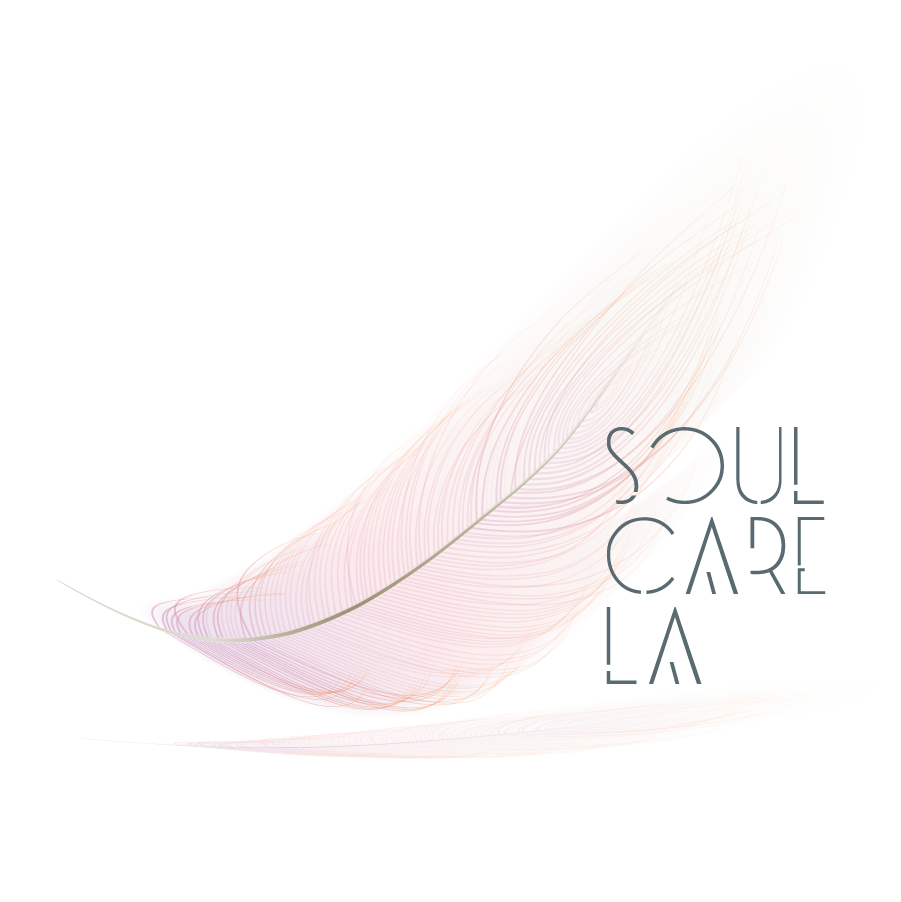Feeling lost and confused here. This isn’t catching me entirely by surprise considering that I’m fully aware that I basically “ran away from home” to avoid feeling lost in a life that had somehow become mine. So make no mistake about it – it is true the saying, “Wherever you go, YOU go.”
Moses ran way from home too, ya know. His awareness of who he was becoming – a discontented soul with a confused sense of identity – drove him to a degree of anger resulting in murder. (I bet thats not how your Sunday school teacher interpreted his story!) Nonetheless, this all ultimately coalesced into his flight from Egypt, the only home he ever knew. And around the age of 40 Torah scholars say, he found himself in the land of Midian, which in Hebrew means “strife.” He spent years there. He married and settled down – until one day while tending the flock of his father-in-law, he had the famous encounter with Yahweh at Horeb (aka. the burning bush experience). His life would never be the same again.
We don’t do well in religious circles with feelings of strife or discontent. And understandably so. Who in their right mind wants to feel angry, lost, confused…broken?
I’m re-acclimating yet again to Mexico City – a new, much bigger city after having a short but charmed experience in Oaxaca – the kind of place where everybody knows your name, or at least wants to. If I let my emotions get the best of me, I could crumble up into a thousand tiny little pieces. And trust me, the last couple days here in the big city have been rather teary-eyed. But seeing through a spiritual lens, this sense of being lost is actually quite the prerequisite for transformation.
The past few days I’ve been listening to an audio lecture entitled Christian Meditation: Entering the Mind of Christ by one of my other favorite contemplative teachers, Jim Finley. In it, he speaks about the art of contemplative meditation as a transforming and deepening realization of oneness with Christ. I had the gift of being an actual student of Jim’s, both in my spiritual direction training courses, and as a participant in his mediation groups in Santa Monica. Jim is what you call a mystic Christian. He himself a student of Thomas Merton, had lived as a monk for years before re-entering the known world, marrying, and starting a clinical psychology practice. And in spending time in his company and with other students of his, I came to embrace that I am also what you may call a mystic Christian. And we practice our faith a different Way. I’m not into what I consider performance driven church or worship. It’s how I grew up and I’ve tried despite myself to “hold onto it” but it just no longer works for me. When I show up to the presence of God I don’t want to be intellectually or emotionally moved. I’m looking for the opposite…for the Spirit to move me OUT of my head AND my emotions. This is the contemplative way, you see. We contemplatives seek not to avoid thoughts and feelings, but to be unhinged from them. To not rely on those faculties to stir us up into any temporary state of rest or satisfaction or prosperity of soul.
To be blunt, this way can be pretty unsettling. Which is why understandably, most won’t journey along it. This Way refuses to do what we’ve come to expect religion and church and self-help groups to do, which is make us feel “better” – shifting us out of one emotional state and into another. The contemplative way just lets you hang out wherever you are – lost, confused, broken – until you come to know (in the very Hebrew sense of the word knowing, meaning intimately knowing) that 1) You are not any one of those thoughts or feelings and 2) You. Are. Not. Alone.
In Jim Finley’s teaching that I referenced earlier he speaks of a “critical juncture in a formative turn of events within the Christian life” and quotes St. John of the Cross, a 15th century Spanish mystic. What follows is an excerpt from Jim’s teaching that I have been reflecting on during these past few days of quiet confusion –
“Saint John speaks of the awakening of the call to meditative contemplative prayer as a realization that one can no longer draw out from discursive meditation [aka. logical reasoning and thinking-oriented reflection] the satisfaction that one is accustomed to experiencing. That is, where previously one was nourished by reflecting on the things of God, one is no longer nourished. What is more, he says, is one who is no longer nourished in thinking of the things of God, one begins to discover that simultaneously one is no longer nourished in thinking about anything else either. And in the very midst of this perplexing nowhere, this perplexing horizonless place of powerlessness, John of the Cross says we begin to experience within ourselves a general loving awareness. What is more, we begin to realize that we are interiorly drawn to rest in this awareness, to quietly give ourselves over to it as a path of self-transformation that opens out onto God who is the infinite love that has awakened this transformation within us.”
So what else can I do here but welcome myself to this “perplexing nowhere“…and join in the company of countless others who have traveled this narrow path before me. It is indeed the road less traveled…and I am praying that for me too, it will make all the difference.
Namaste.



Namaste
Yes! Reading this post gives a peek into the healing process that you are experiencing. I once read that we must often times get lost in order to find ourselves. (statement paraphrased).
I encourage you to work through your pain and discomfort, refusing to stop until your mission is accomplished.